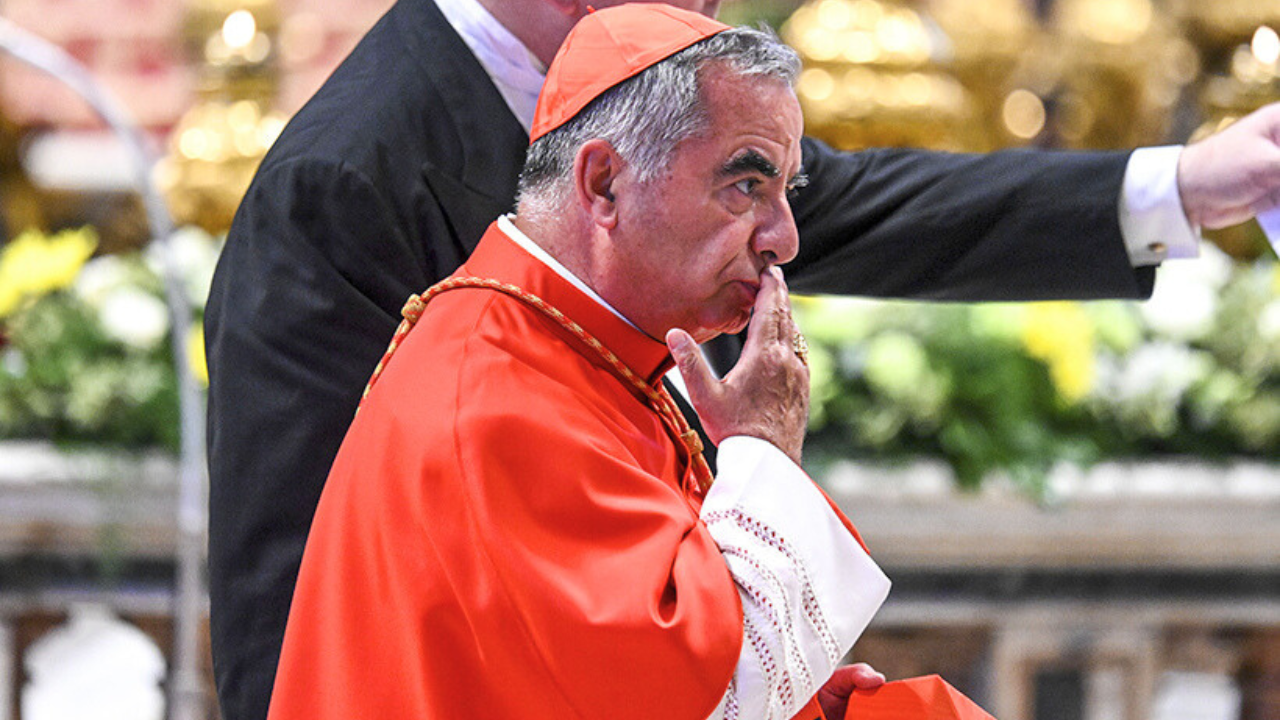During the general audience, the pope explained the commandment “You shall not take the name of the Lord your God in vain.”
He recalled that “in the Bible, a name often embodies the deepest reality of a person.” Therefore, “To pronounce the name of God means to assume his reality, to enter into an intimate relationship with him.”
Adding “This commandment reminds us that we have been baptized in the name of the Father and of the Son and of the Holy Spirit, and that we must live our daily life in real communion with God, without hypocrisy, like the saints, whose example touches the hearts of all and makes the announcement of the Church more credible.”
SUMMARY OF THE CATECHESIS IN ENGLISH
Dear brothers and sisters:
In our continuing catechesis on the Ten Commandments, we now turn to the commandment: “You shall not take the name of the Lord your God in vain” (Ex 20:7).
In the Bible, a name often embodies the deepest reality of a person. God’s name, revealed to Moses, is supremely holy, and thus never to be profaned or misused.
In Judaism, the sacred Name is solemnly invoked on the feast of Yom Kippur to beg God’s mercy and forgiveness.
Christians are baptized in the name of the Triune God, Father, Son and Holy Spirit. God’s name is thus “taken”, not in vain, but as the pledge of our redemption and rebirth as adoptive sons and daughters in Christ.
Each day we take God’s name upon us anew, when we pray the petition of the Lord’s Prayer: “Hallowed be thy Name”. We ask that by our lives, and the witness of the Church, his name may be ever better known and loved.
May we always invoke God’s holy name with reverence, as a sign of our special relationship to him, who in Christ took upon himself our sins and showed us the depth of his eternal mercy and love.






















